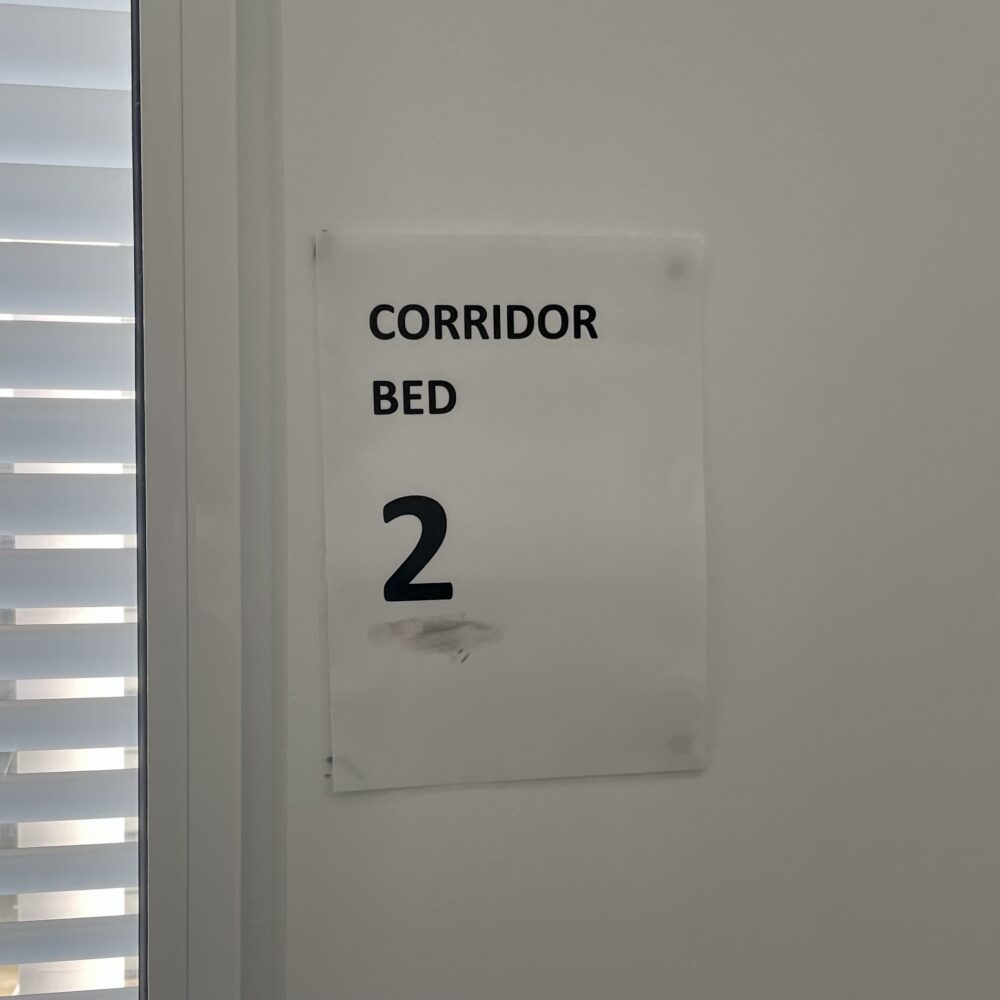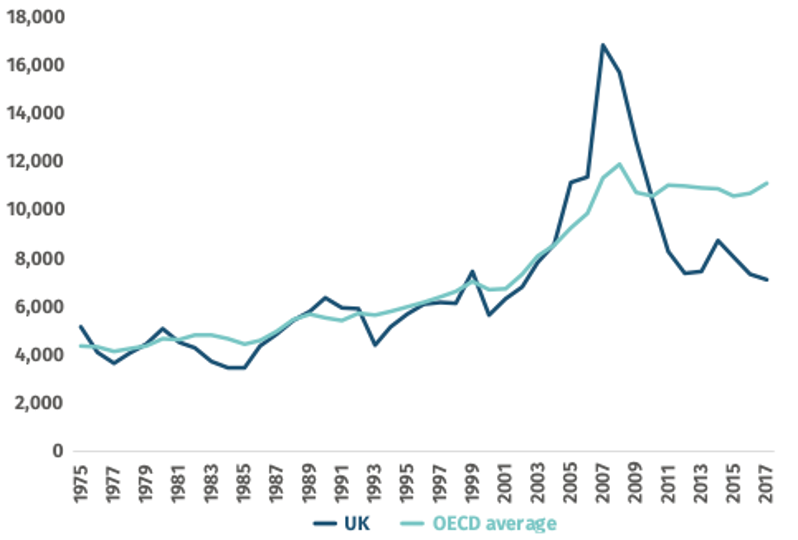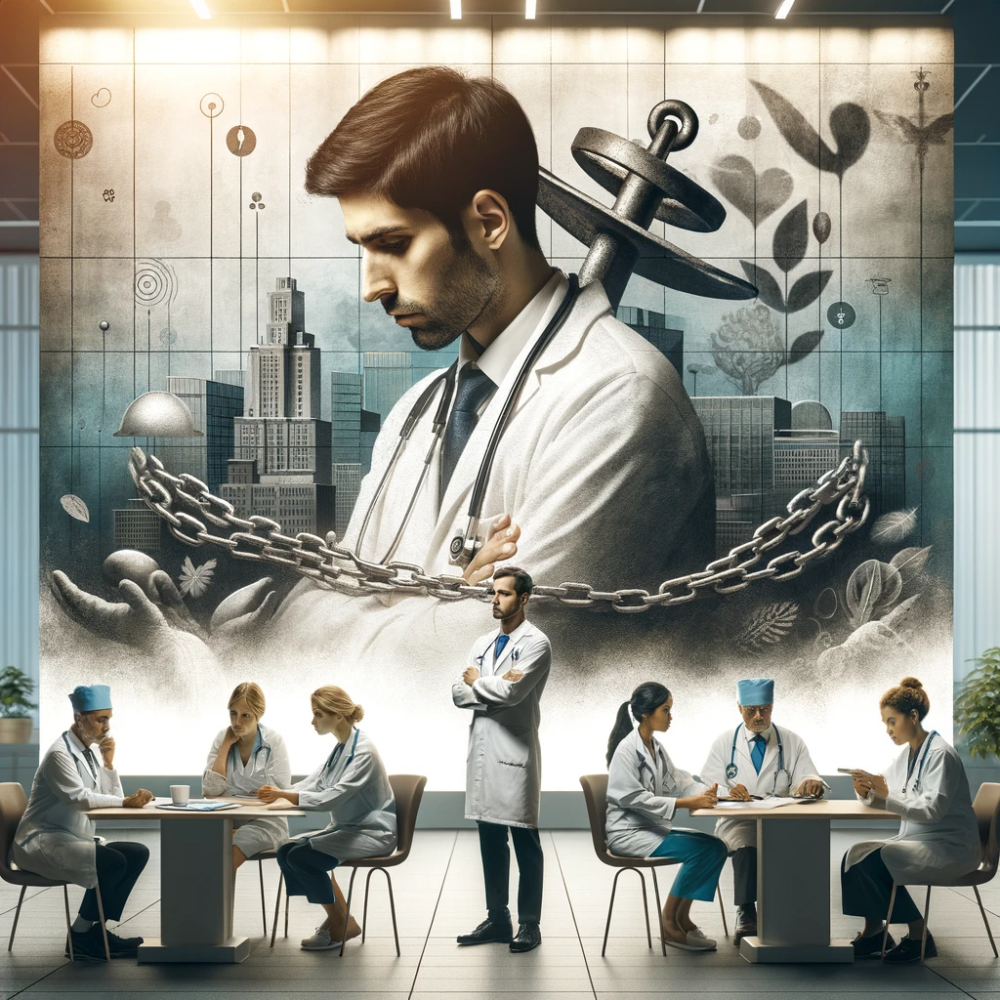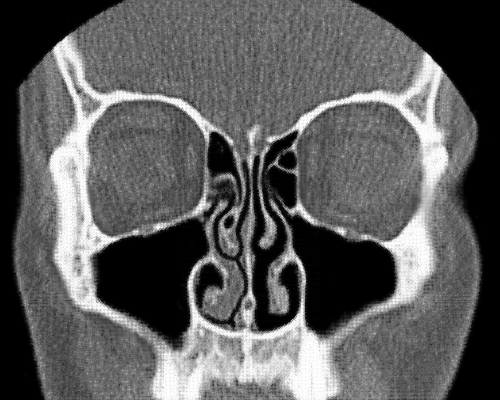On a scale of one to ten…
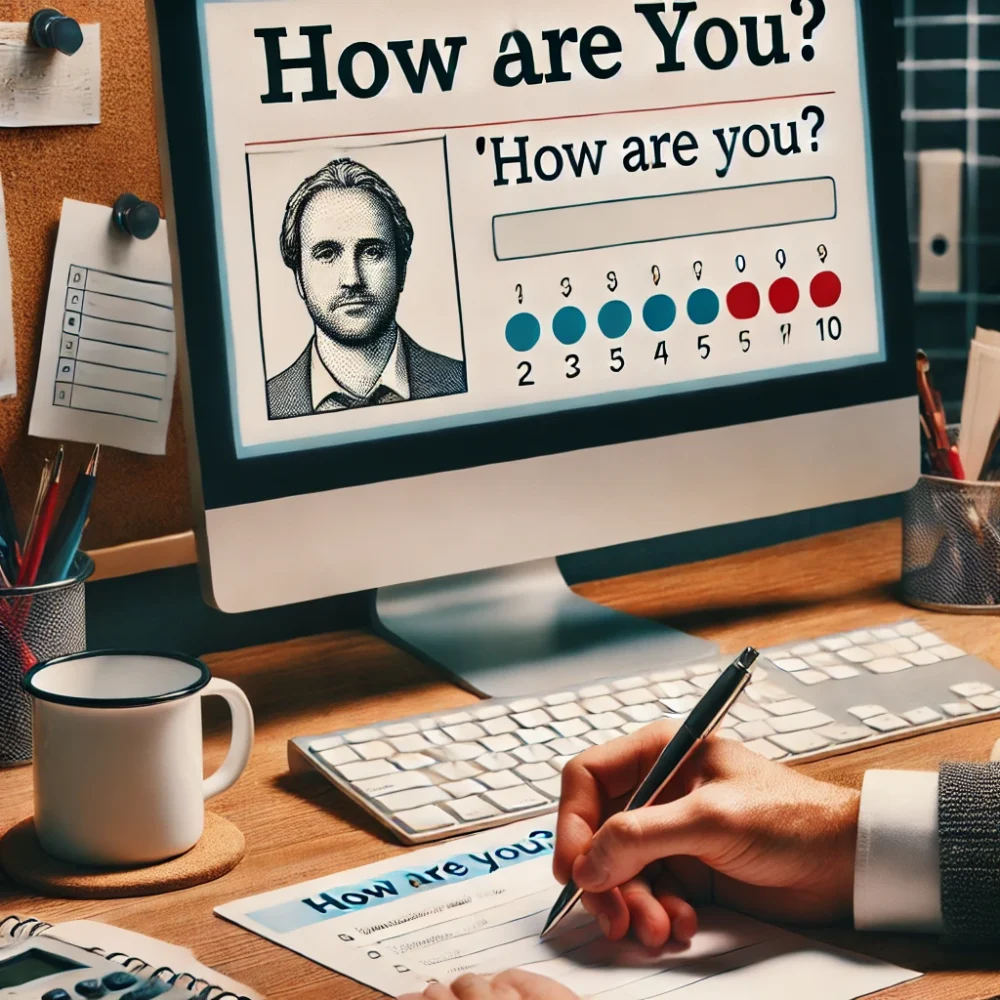
There’s a form I have to fill in at work every quarter, in which I’m invited to answer the question ‘How are you?’ with an integer. The instructions say that I ought to ‘rate how things are feeling 1-10’.
Anyone who knows me well enough will be unsurprised that I have a cut-and-paste paragraph that I shove in the box intended for an integer. It explains that I am declining to answer in the requested format because I cannot summarise how I feel in that form, and that I find the question inappropriate and mildly offensive.
Nobody has ever questioned my response.
I was reminded of that when I read this article by Elisabeth Rosenthal in The Atlantic. As a doctor, Rosenthal admits that she has asked many patients to rate their pain on a scale of zero to ten, but reflects on how useless this question is when asked to rate her own pain:
Pain is a squirrelly thing. It’s sometimes burning, sometimes drilling, sometimes a deep-in-the-muscles clenching ache. Mine can depend on my mood or how much attention I afford it, and can recede, nearly entirely, if I’m engrossed in a film or a task. Pain can also be disabling enough to cancel vacations, or so overwhelming that it leads people to opioid addiction. Even 10+ pain can be bearable when it’s endured for good reason, like giving birth to a child. But what’s the purpose of the pains I have now, the lingering effects of a head injury?
The article dives into the history and future of this kind of pain scale and was a great read: it’s well worth a few minutes of your time.
The image at the top of this post was generated by DALL·E 3.
This post was filed under: Health, Elisabeth Rosenthal, The Atlantic.
